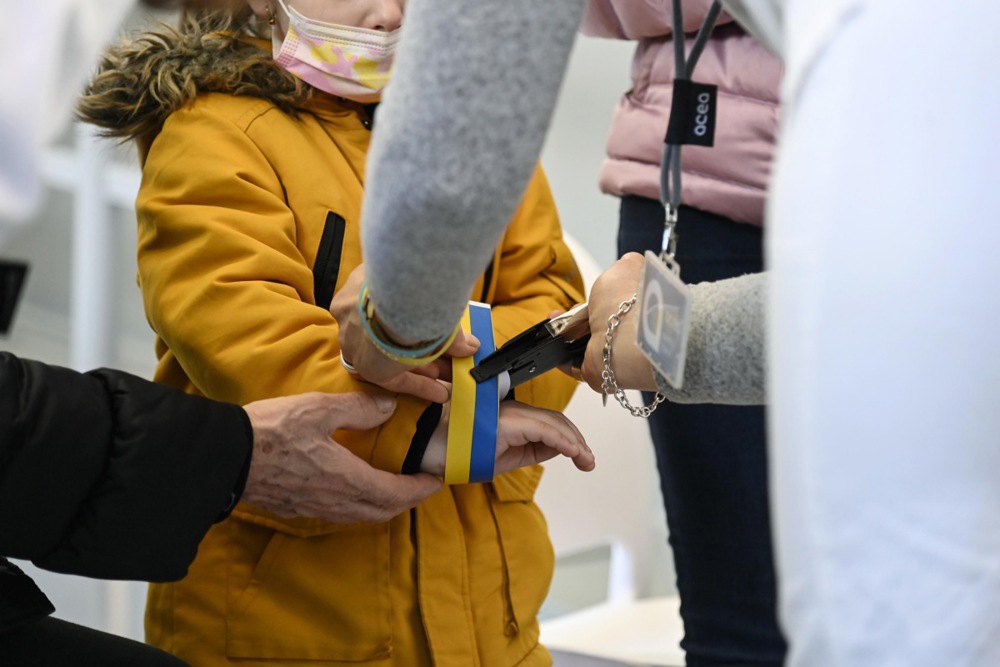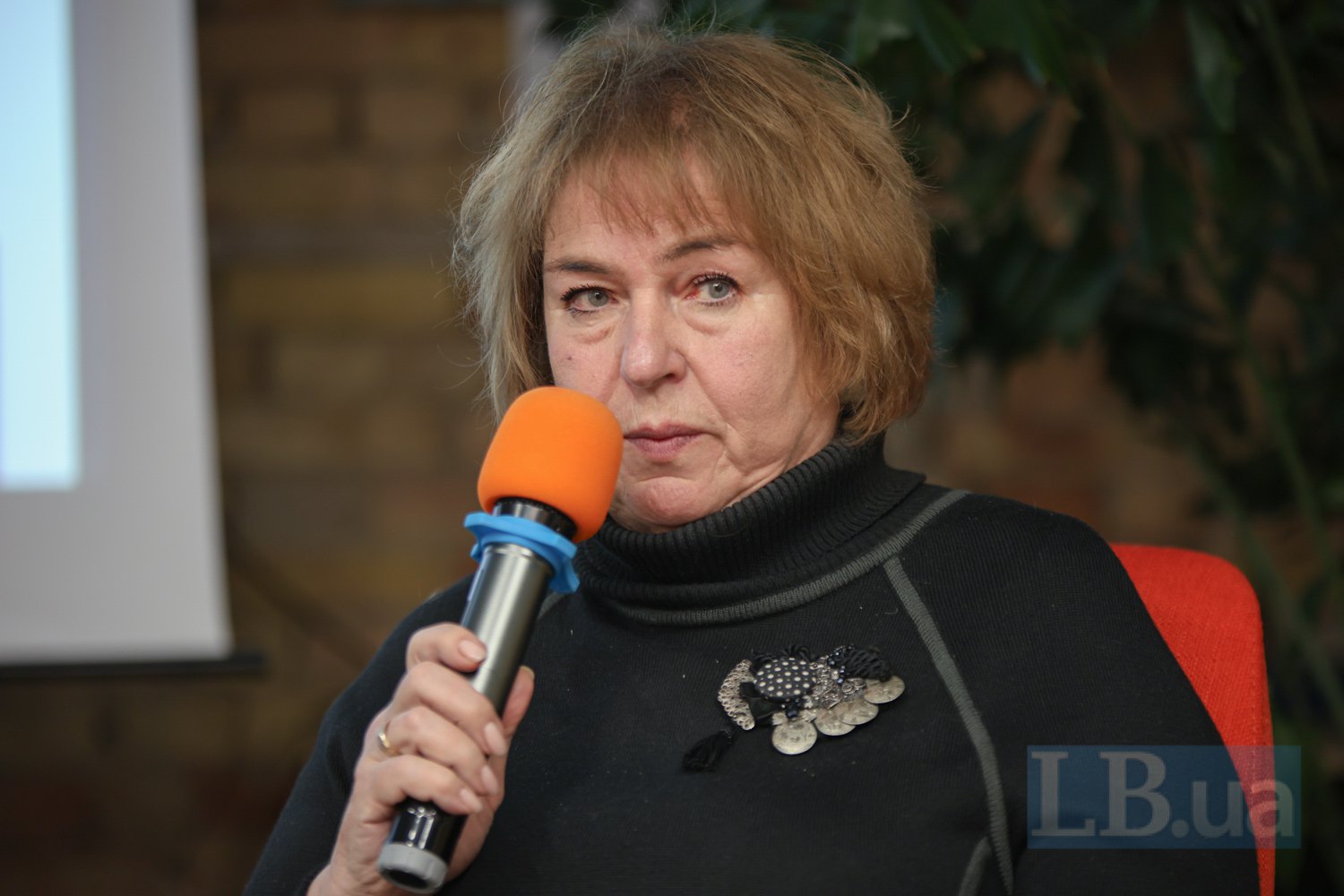
There are 30 million people left in Ukraine. 9 million are abroad
According to Ella Libanova, who cites data from mobile operators (Kyivstar, Vodafone and Lifecell), as of mid-2024, 30 million people lived in the government-controlled territory of Ukraine. And which way this figure will swing depends on the duration of the war.
According to Eurostat (the statistical organisation of the European Commission - Ed.), as of 1 December 2024, 4.2 million Ukrainian military migrants were under temporary protection or with refugee status in the EU, Libanova said.
"Another million or so are in countries other than Russia. These are primarily Britain, the United States, Canada, a few in Argentina, a few in Georgia, a few in Moldova, but in general, it's about that.
There are at least three million more of our so-called labour migrants who left before 2024 and worked there. Why do I say so-called? Because in reality, they would have to come back here and then leave again. In reality, many of them received residence permits and actually became residents. But we consider them labour migrants.
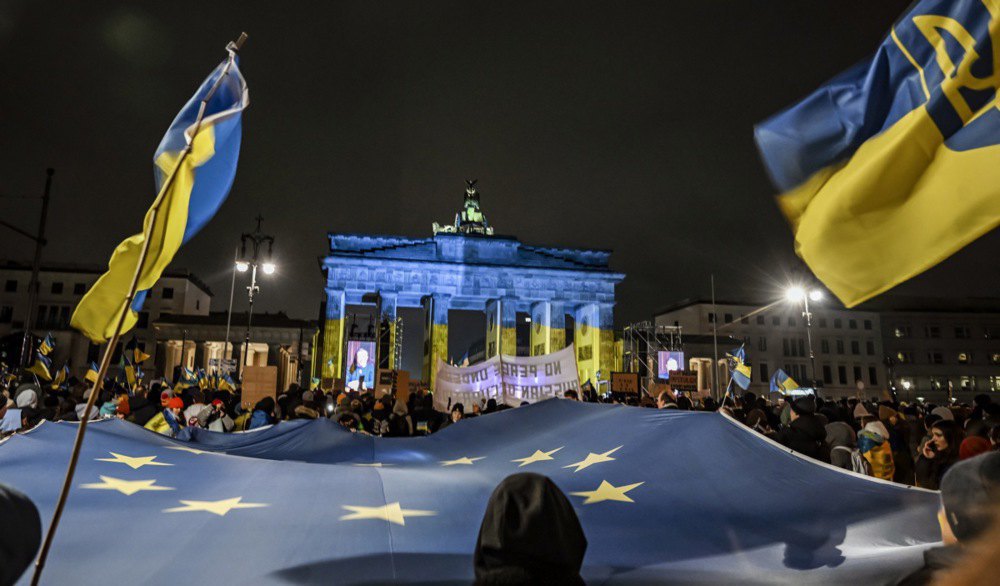
Three million labour migrants plus about five million military migrants is eight million people. If we take labour migrants over a longer period, it could be as many as nine million," the demographer stated.
With every month of war, more and more people will stay abroad
The percentage of Ukrainians who will return home depends on when the hot phase of the war ends, Libanova says.
‘To be honest, ‘when’ is perhaps even more important than ‘how’. I'll say it again: ‘how’ does not mean that we can lose. ‘How’ means that we are winning, but the terms of the peace agreement may be different, it is a compromise and something will have to be sacrificed. The question is what.
But the most important thing is when. Why? ...Each month of the hot phase of the war leads to more and more people who left to stay there: they adapt, children go to school, adapt at school, adults find work.
According to the Poles, more than 80% of our women who are actually able to work (i.e. do not have small children, are healthy) are working. Over 80 per cent. I checked this data for Eurostat as a whole, and it looks like this,’ Libanova notes. She adds that the unemployment rate among Ukrainian women in Poland is 18 per cent, while in Ukraine it is 17 per cent, and this is ‘a threatening figure for us’.
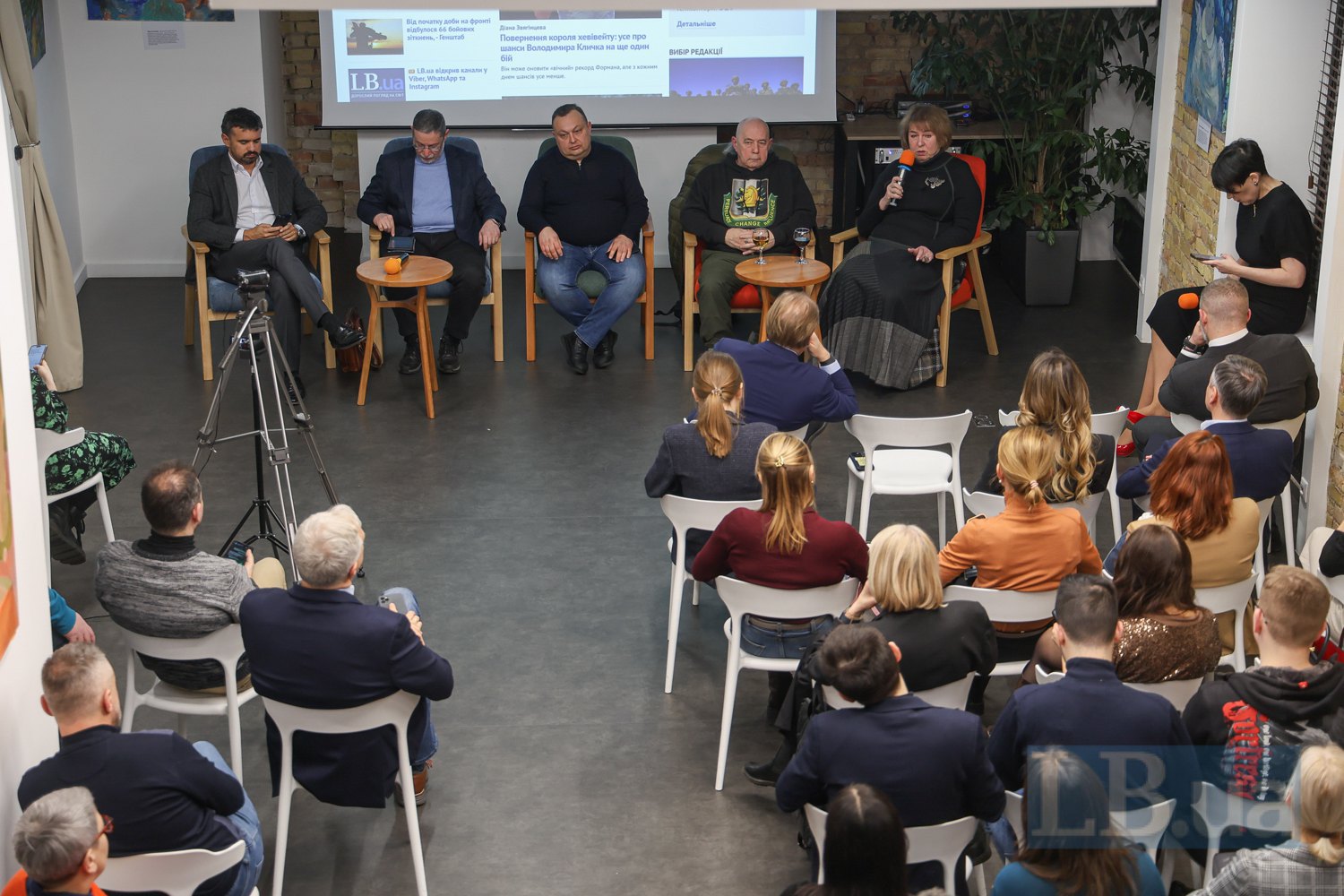
In addition, the director of the Institute for Demography and Life Quality Problems reminded, every month of bombing means the destruction of infrastructure and housing, loss of jobs, so the longer the war lasts, the fewer people will return.
"Be that as it may, the fact that these people left Ukraine and survived is very good. I am not supported by many of our experts in this regard, but I do not know of a higher value than human life. These people are alive, and their children are alive. Thank God. Even if we can't bring them all back, and we definitely can't bring them all back... I used to dream of 60%, then 50%, now, God willing, a third of them will return. The situation is unpleasant, very unpleasant, but it is what it is," Libanova stated.
Depopulation is inevitable for Ukraine. But Ukrainians are not ready for multiethnicity
Even if a miracle happens and all those who have gone abroad return home, in terms of the demographic situation, depopulation cannot be avoided if we want the population to grow, the demographer says.
"I can't show you the age and gender pyramid right now. The so-called pyramid, because it is anything but a pyramid, it is at best a rhombus, because very few people have been born in recent years. The potential for demographic growth has been completely exhausted, and if we want to increase the population, there is only one possibility - attracting migrants from other countries," Libanova said.
And while emigration is a business problem, she emphasises, immigration is a problem for the government and society.
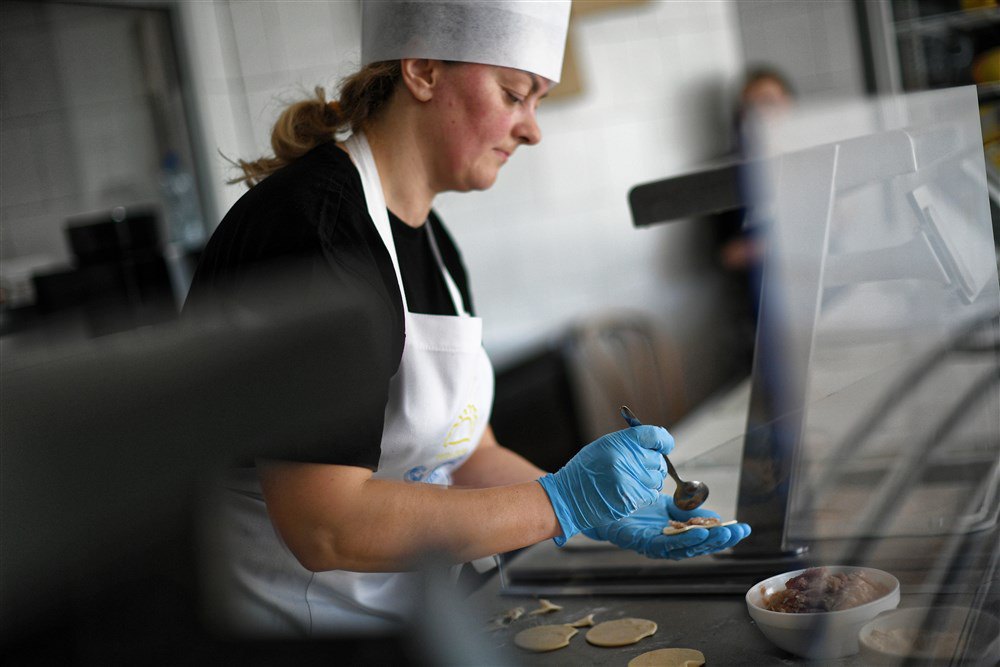
"I am far from convinced that our society (not society as a whole, but individuals, because it's not about society) is ready to live next to people of a different religion, different lifestyle, different values, etc. I can't imagine it well, to be honest,' said the director of the Institute for Demography and Life Quality Problems.
According to her, Ukrainians have never lived in a multi-ethnic environment. Apart from Transcarpathia and parts of Odesa Region, it has always been a mono-Slavic society. That is why common religion, holidays and a similar way of life made it easier to live alongside Russians, she adds.
"The Institute of Sociology of the Academy of Sciences has been monitoring since 1992, and they have always asked the question: who are you ready to see as your relatives and neighbours? Before the war started, in 2014, I noticed that Ukrainians are ready to see Ukrainians abroad as their neighbours, you know, as family members. This certainly speaks to our tolerance. It speaks clearly.
We are not xenophobes, that's not what I'm talking about. We are not a xenophobic nation at all. But we are not as tolerant as Europeans. Because we need to teach this. I cannot say that this is bad. When I look at what's happening in Europe, sometimes I think it would be better if it was like ours. But it is what it is. And I am absolutely convinced that we are not ready to live next to a large number of migrants who are completely different from us. This is a problem. It's really a problem," says Ella Libanova.
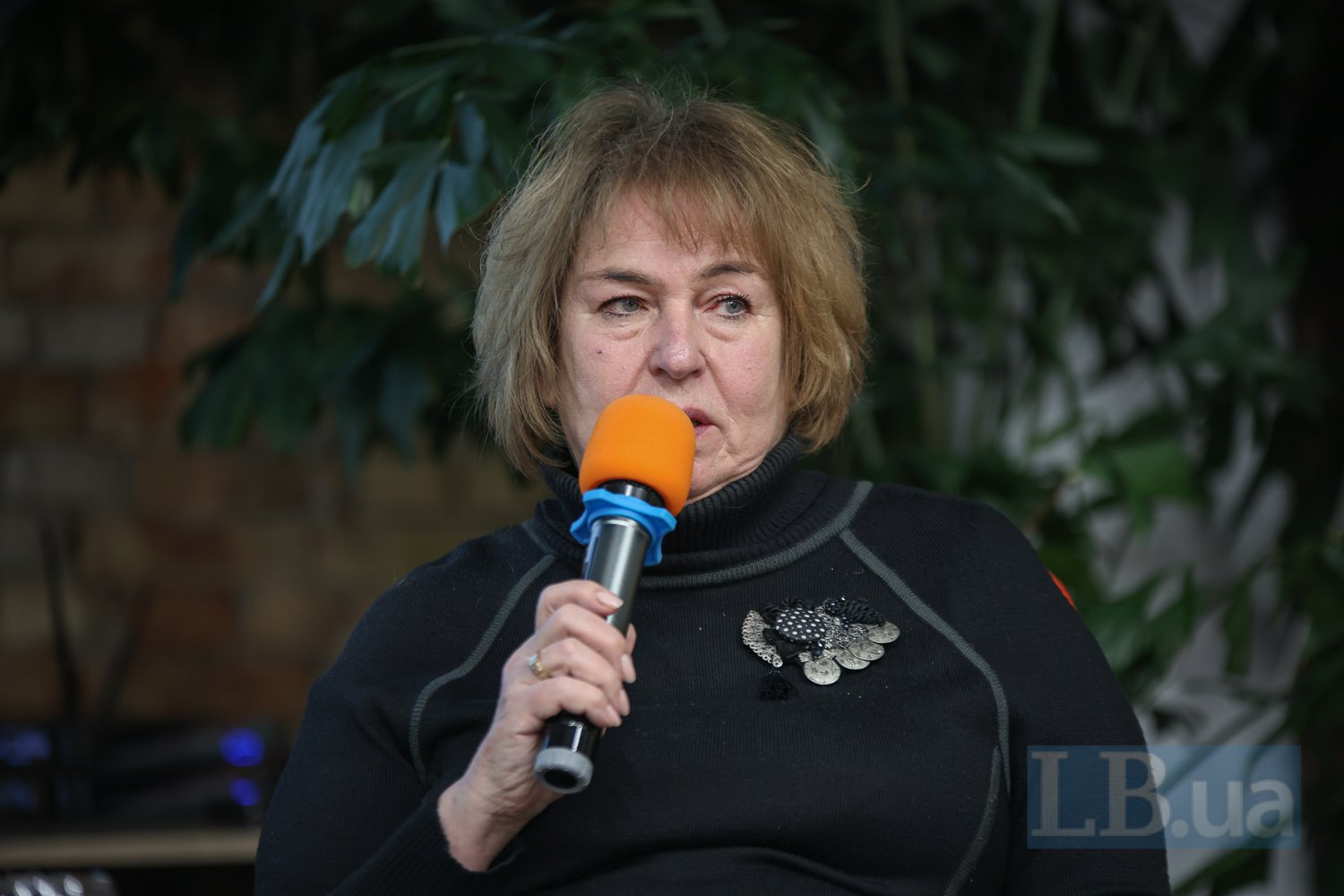
Lines of division that could become lines of split
Such a level of social unity as we have had since the beginning of 2022 has not been seen in all the years of Ukrainian statehood, including the Zaporizhzhya Sich, the scholar believes. The only thing is that this unity is not for, but against someone, but it is better than if it did not exist at all, she adds.
"We are united, we are united, but we are not the same. There are at least four strata. The obvious ones.
The first is the upper stratum: those who have participated or are participating in the war. The military. Not just the military, but those who were or are at the front.
The second category is those who have not left. If the war happened in Kharkiv, they live in Kharkiv. If the war happened in Kyiv, they live in Kyiv. In Lviv or something else.
The third category: those who evacuated during the war within Ukraine. I strongly suspect that after the war, it will matter when and for how long you evacuated. But now it practically does not matter.
The fourth category: those who evacuated abroad.
The dividing lines are normal for any society, especially a democratic one,' said the director of the Institute for Demography and Life Quality Problems. However, the enemy will try to drive so many nails into these dividing lines as part of a hybrid war that they turn into lines of division, Ella Libanova said. She gives an example of how this is done.
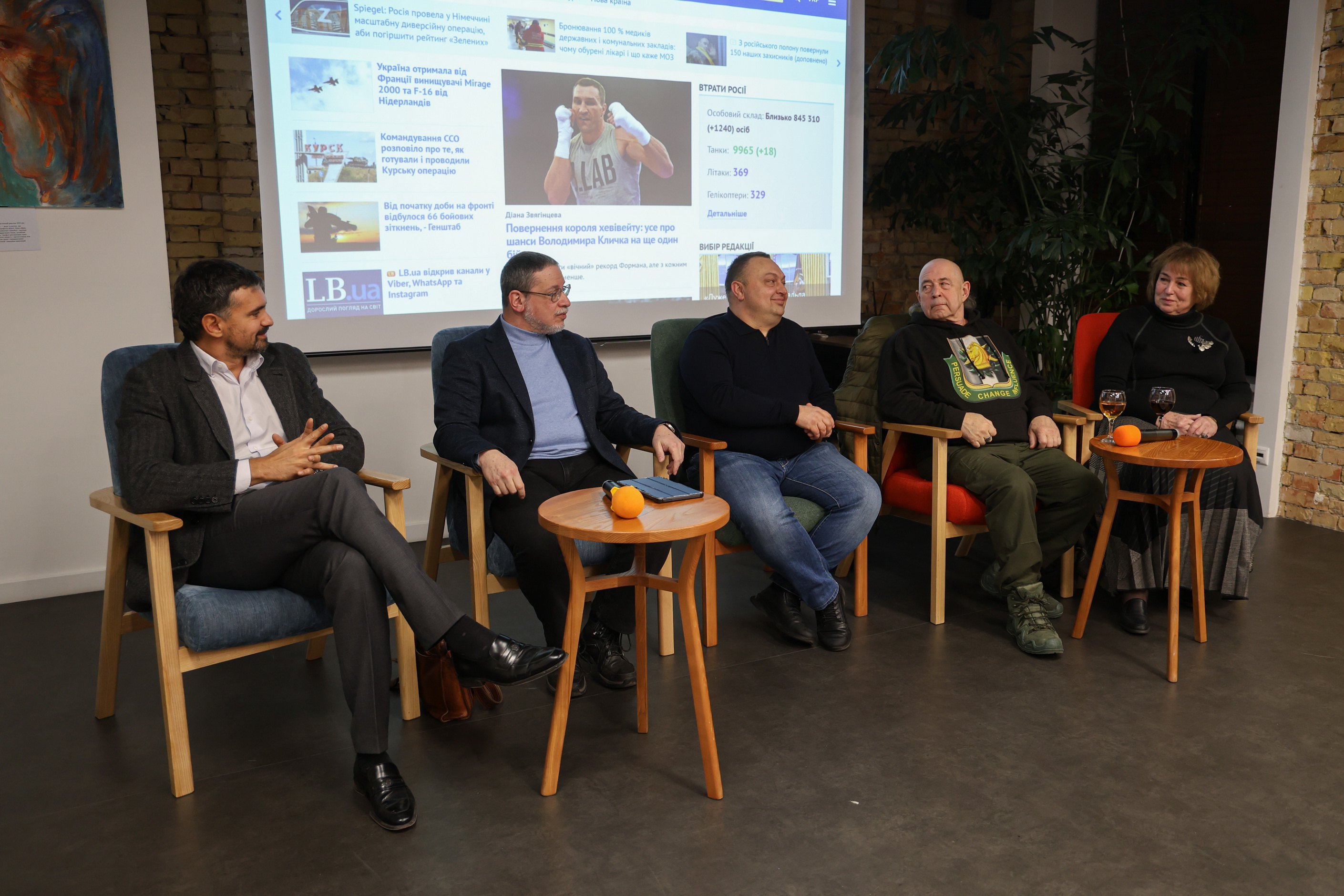
"People post photos on social media of our women 'living it up' abroad. They just don't leave Nice, Cannes, or luxury restaurants. On the other hand, there are curses on social media against these people, as if they were a reaction of our population.
So, when we try to understand the position of people abroad, the first place among the motives for not returning is security. No one believes that even if we sign a peace, it will last. There is nothing we can do here. There are a few other issues - work, housing, etc. But fears play a very important role. What are they afraid of? Firstly, they are afraid that they will not be well received here, that they will be stigmatised or even marginalised. They recall the IDPs from Donbas in 2015, how they were not wanted to rent housing, hire them, and so on," the researcher explains.
Libanova adds that military migrants are also afraid of the problem of finding a job after returning: they had a long break from work at home, and abroad, most likely, they did not work in their speciality.
The third place among the fears is criminal liability for those who crossed the Russian border. "You know, there was no way to get to the western border from the south. They went through Crimea to Russia, and then got out," Libanova adds.
The fourth is the fear of mobilisation.
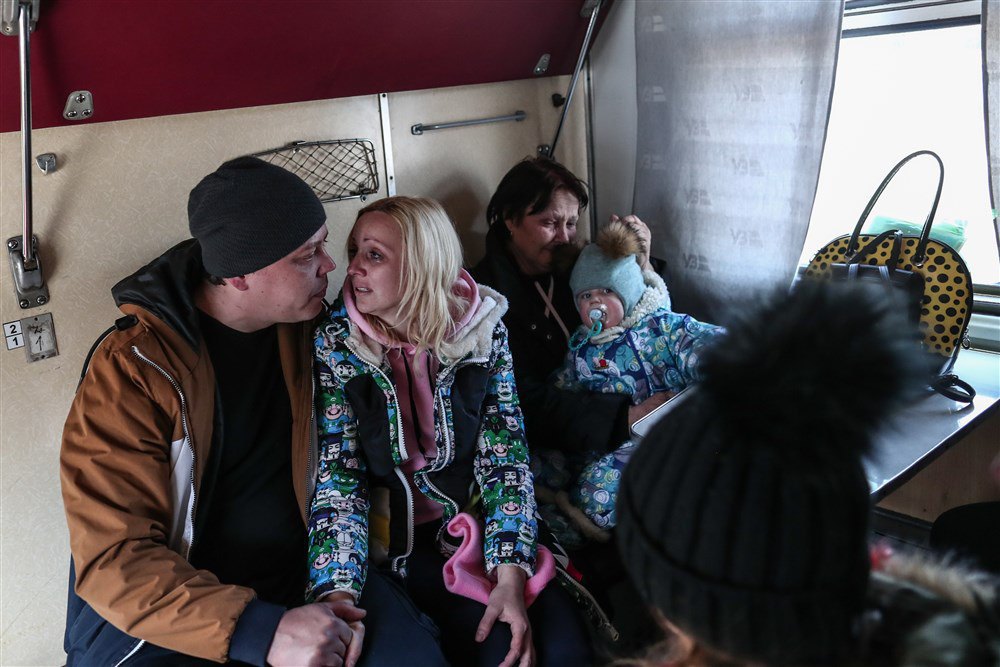
"What you and I can do (and we must do it) is to use our social connections (everyone has them) to get this out. If we do not do this, the threat is very serious. The threat of a split in Ukrainian society is what the Russians are seeking today. This is their goal. Only under this condition will Ukrainian statehood be eliminated. That's it," the scholar stressed.
In her opinion, personalised communication is much more effective than official communication.
"I am absolutely convinced that if the state, represented by a minister, prime minister (I'm afraid to say president), says something to those migrants, they will simply not believe it. But if Aunty Tanya from the fifth apartment writes, they will believe her. If an employer wants his employees who are currently abroad to return to him, he will keep in touch with them," says the demographer.
She noted that each of us is responsible for the life and existence of this country.
"If I want my grandchildren to live here and have children, I will fulfil my professional duties, my duties as a housewife, my duties to look after, I don't know, the garden in the yard. No one will do it for me," Ella Libanova summed up.
